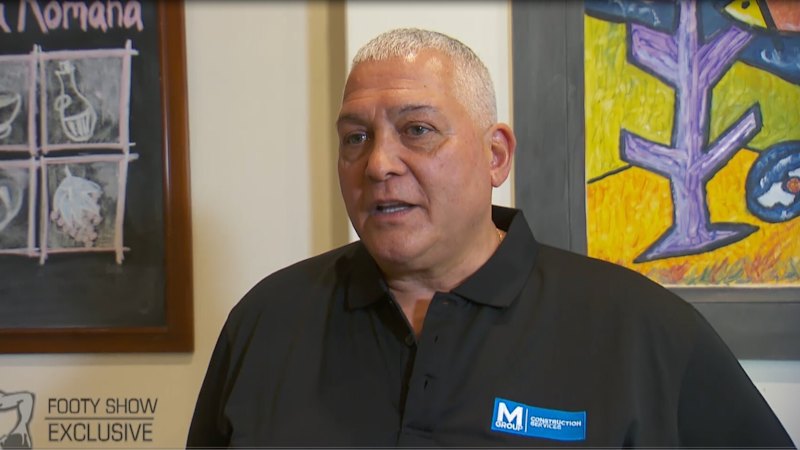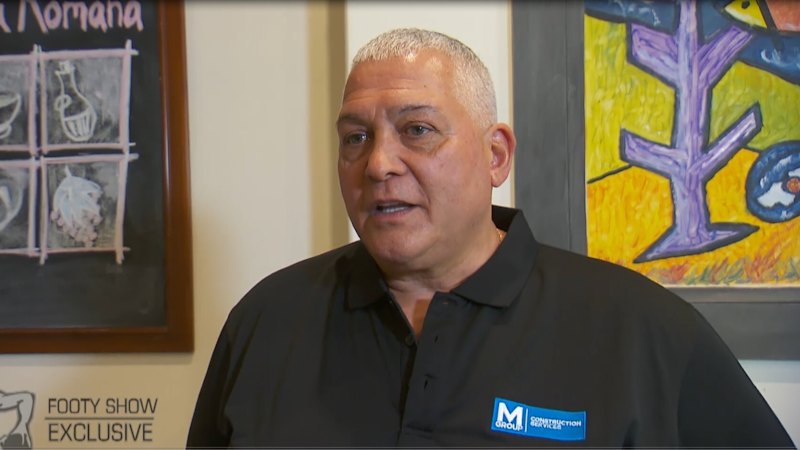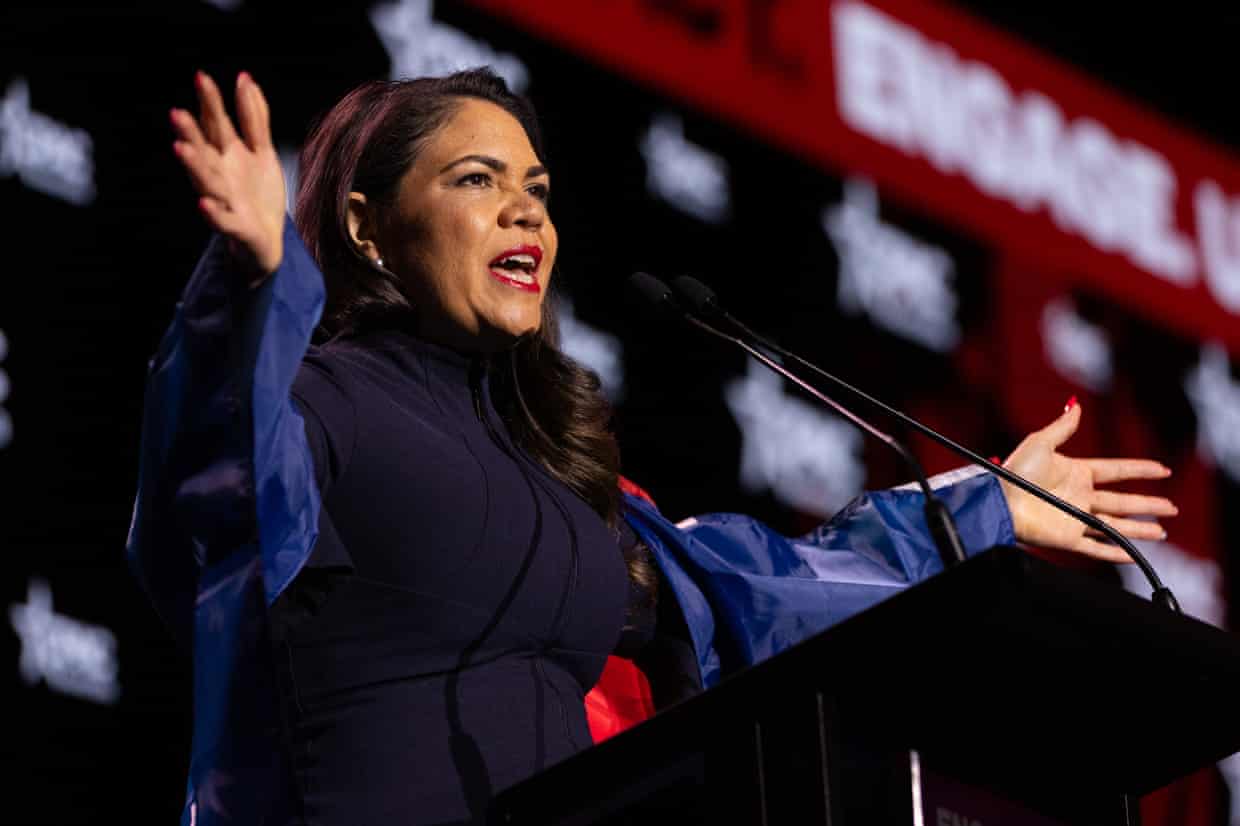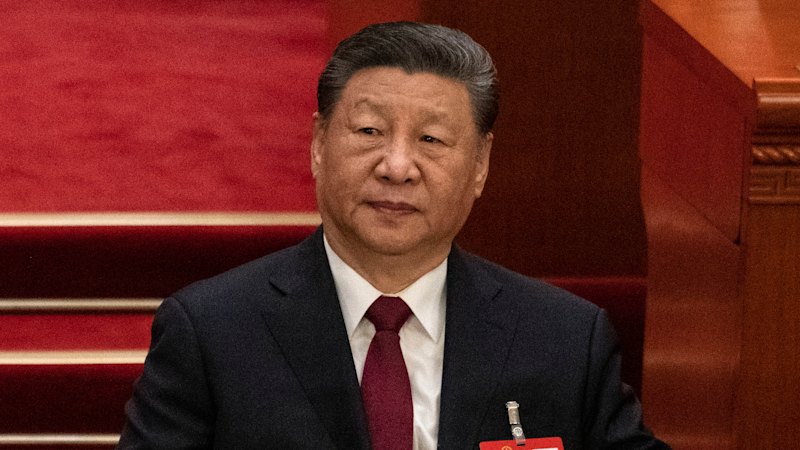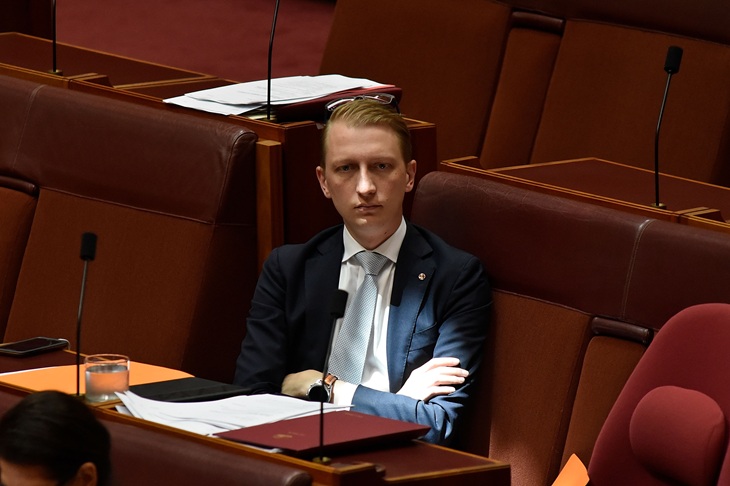
CANBERRA, AUSTRALIA - NOVEMBER 28: Senator James Paterson listens to Senator George Brandis as contemplates the bill legalising same-sex marriage in Australia at Parliament House on November 28, 2017 in Canberra, Australia. The Senate is hoping to pass legislation on same-sex marriage this week, after Australians voted 'Yes' in the Marriage Law Postal Survey for the law to be changed. (Photo by Michael Masters/Getty Images)
In a recent speech, Senator James Paterson called on the Liberal Party of Australia to recommit to its foundational values and abandon a culture of timidity in the face of progressive challenges. His remarks resonate with party members concerned about the direction of their political strategy, suggesting a need for a decisive shift away from internal divisions and toward a cohesive and principled approach.
Paterson emphasized that the Liberal Party must avoid becoming a “free market Teal” faction, which he believes would dilute its position in the culture wars. He argued that the party should instead focus on defending freedom, tradition, and patriotism. Recent electoral successes in regions such as the Northern Territory, Queensland, and Tasmania indicate that liberal-conservative principles continue to appeal to voters, provided the party can present a united front.
Criticizing the current political environment, Paterson pointed out that the Labor Party has leveraged its power to undermine opposition resources and engage in opaque governance. He asserted that the Liberal Party has a moral obligation to oppose effectively, warning against the risk of a “Victorianisation” characterized by entrenched leftist dominance. He framed the ongoing culture wars—centered on identity politics and social norms—as fundamental to the political struggle, not mere distractions.
Paterson’s assessment extends to the internal dynamics of the Liberal Party, where he noted that calls for moderation aimed at attracting independent voters have alienated the party’s core base. He contended that the party must engage its loyal members and everyday Australians who value family and nation before reaching out for broader electoral support. This view, however, has been met with skepticism, as some critics believe it overlooks the realities of contemporary Australian politics.
The historical context provided by Paterson draws on the foundations laid by former Prime Ministers Robert Menzies and John Howard. Menzies established the Liberal Party in 1944 by uniting various anti-Labor factions under principles of individual enterprise and a rejection of socialism. Howard similarly blended liberal rights with conservative values during his tenure. Yet, Paterson notes that today’s challenges differ significantly, suggesting that the time for a broad church approach within the party has passed.
Paterson dismissed what he termed “Farage-lite” populism, which prioritizes protectionist nationalism over fiscal discipline, deeming it unsustainable within Australia’s electoral framework. He argued for a revival of traditional conservative ideas, advocating for limited government, free markets, and lower taxes as essential for restoring the Australian Dream of intergenerational prosperity.
While Paterson’s vision calls for a return to established principles, it faces two significant hurdles: first, the notion of a broad church within the party is arguably obsolete, and second, the current global climate may necessitate a more militaristic stance. He urged for leaders who can safeguard the nation-state and its heritage, warning against outdated strategies that fail to account for modern geopolitical realities.
Paterson highlighted the need for a national response to the shifting geopolitical landscape, advocating for reform across education and defense sectors. He criticized the left’s influence in educational institutions, accusing them of fostering a culture that undermines traditional values and institutions. He emphasized that to prepare for a peaceful future, Australia must also prepare for potential conflicts, ensuring that its citizens are equipped to defend the nation.
As the Liberal Party contemplates its future, Paterson’s call to redefine the role of government within this new context is timely. He underscored that if the party fails to adapt, it risks becoming weak and ineffective in an increasingly polarized political environment. The challenge ahead is clear: reformulate a vision that resonates with the electorate while addressing contemporary geopolitical challenges, ensuring that Australia remains robust and united.

